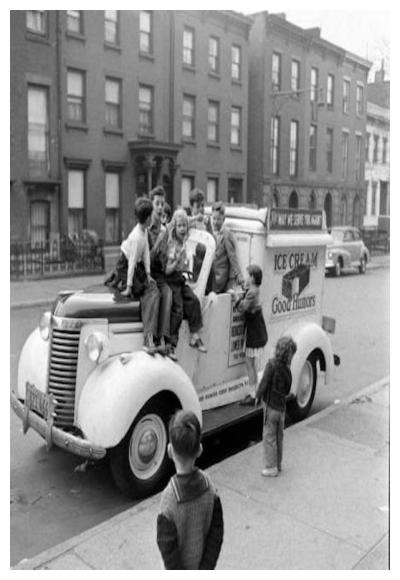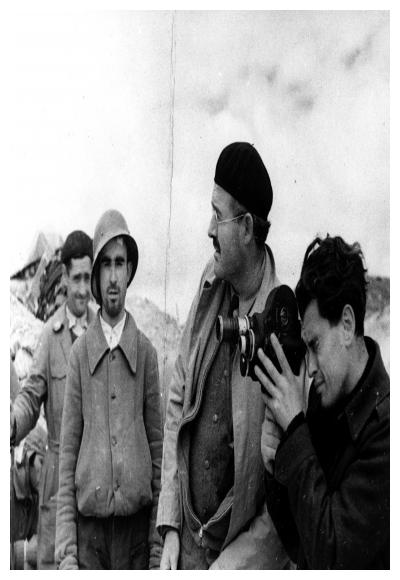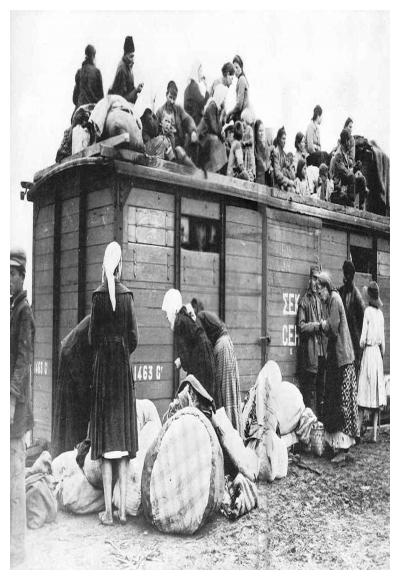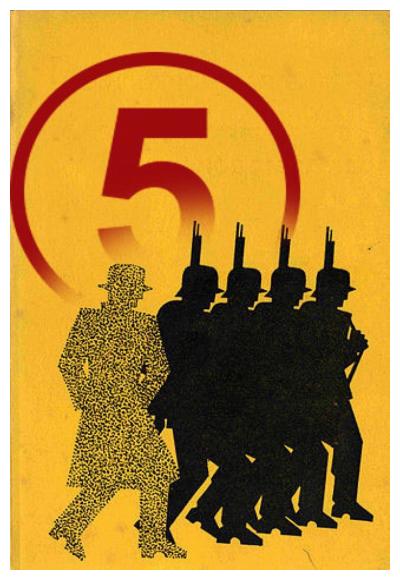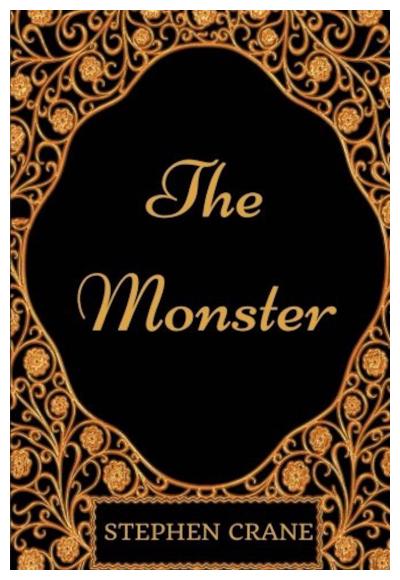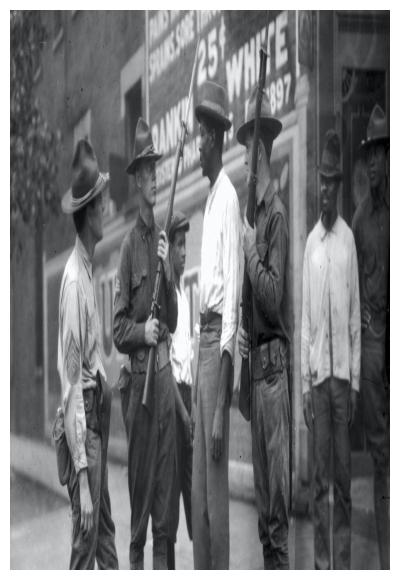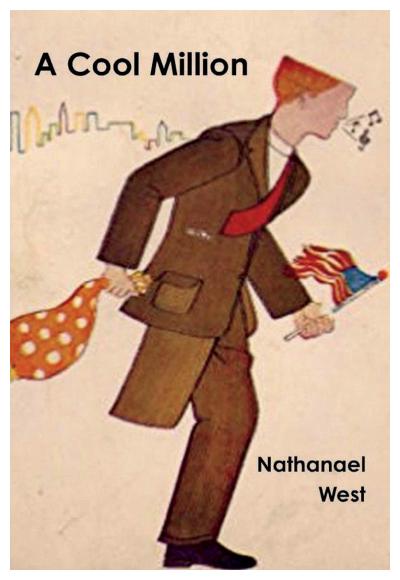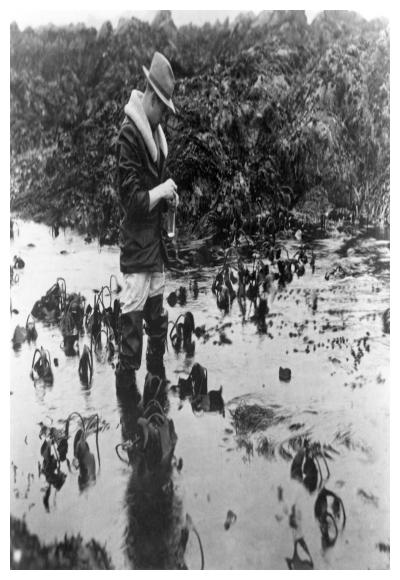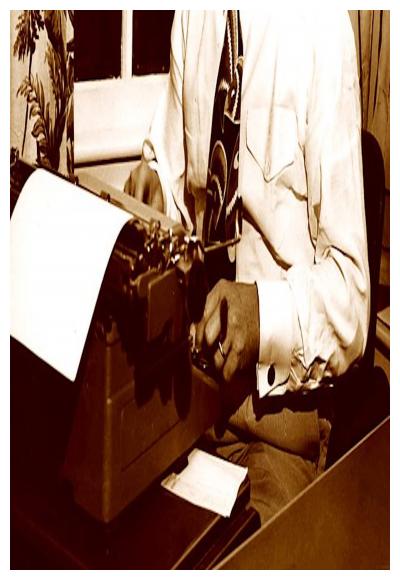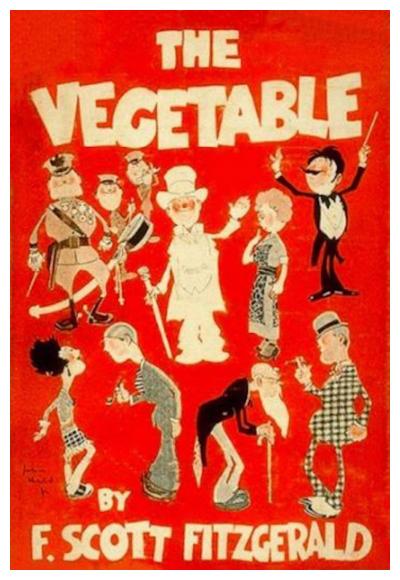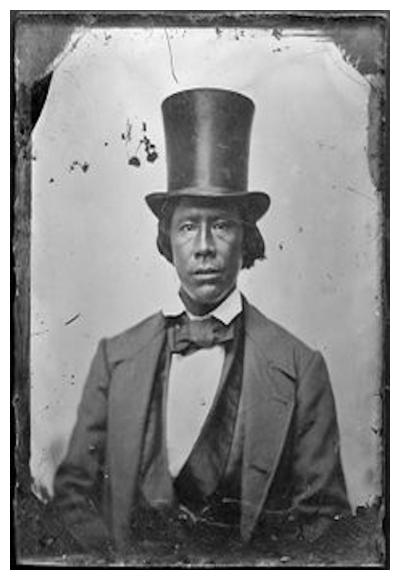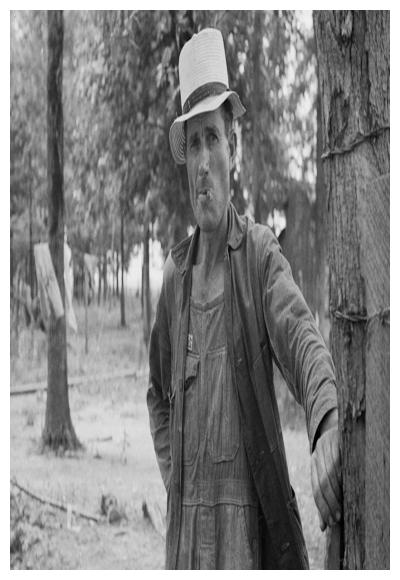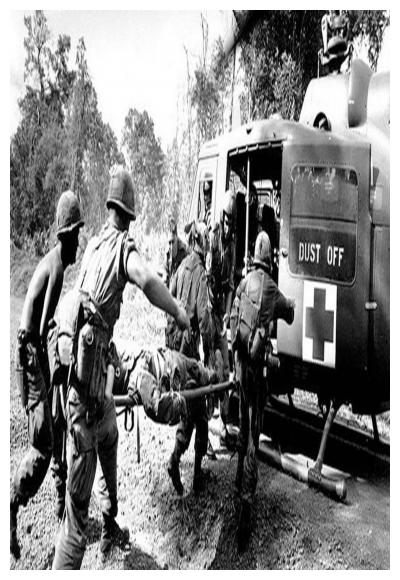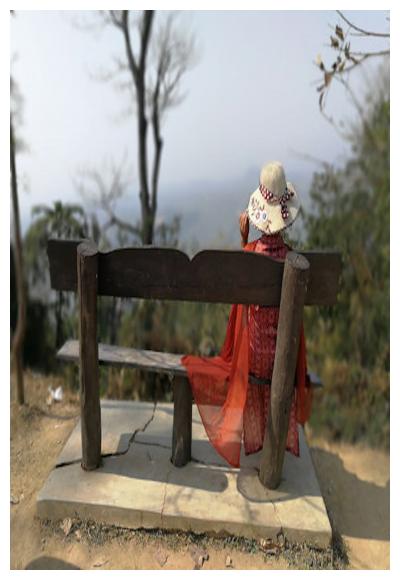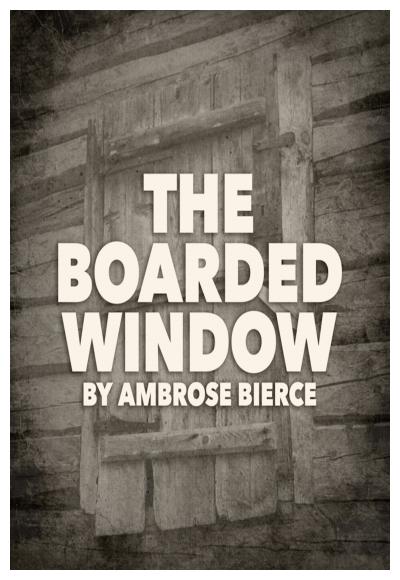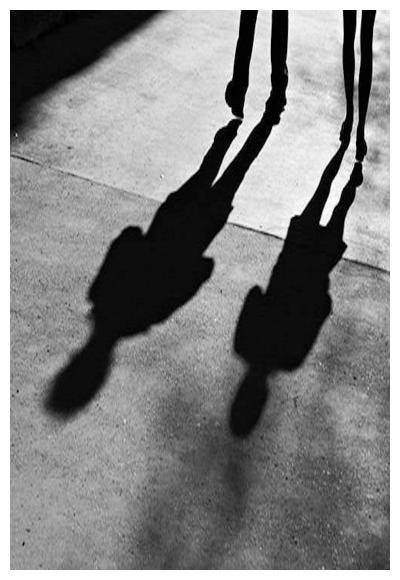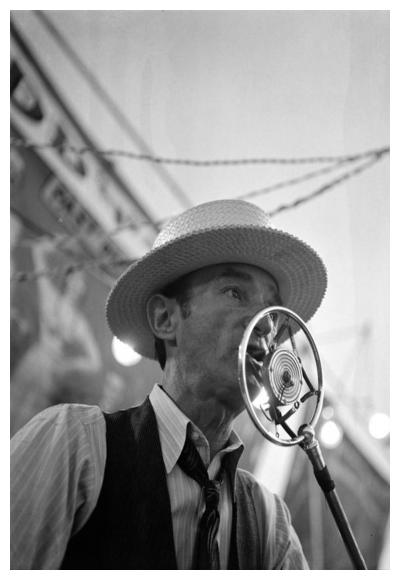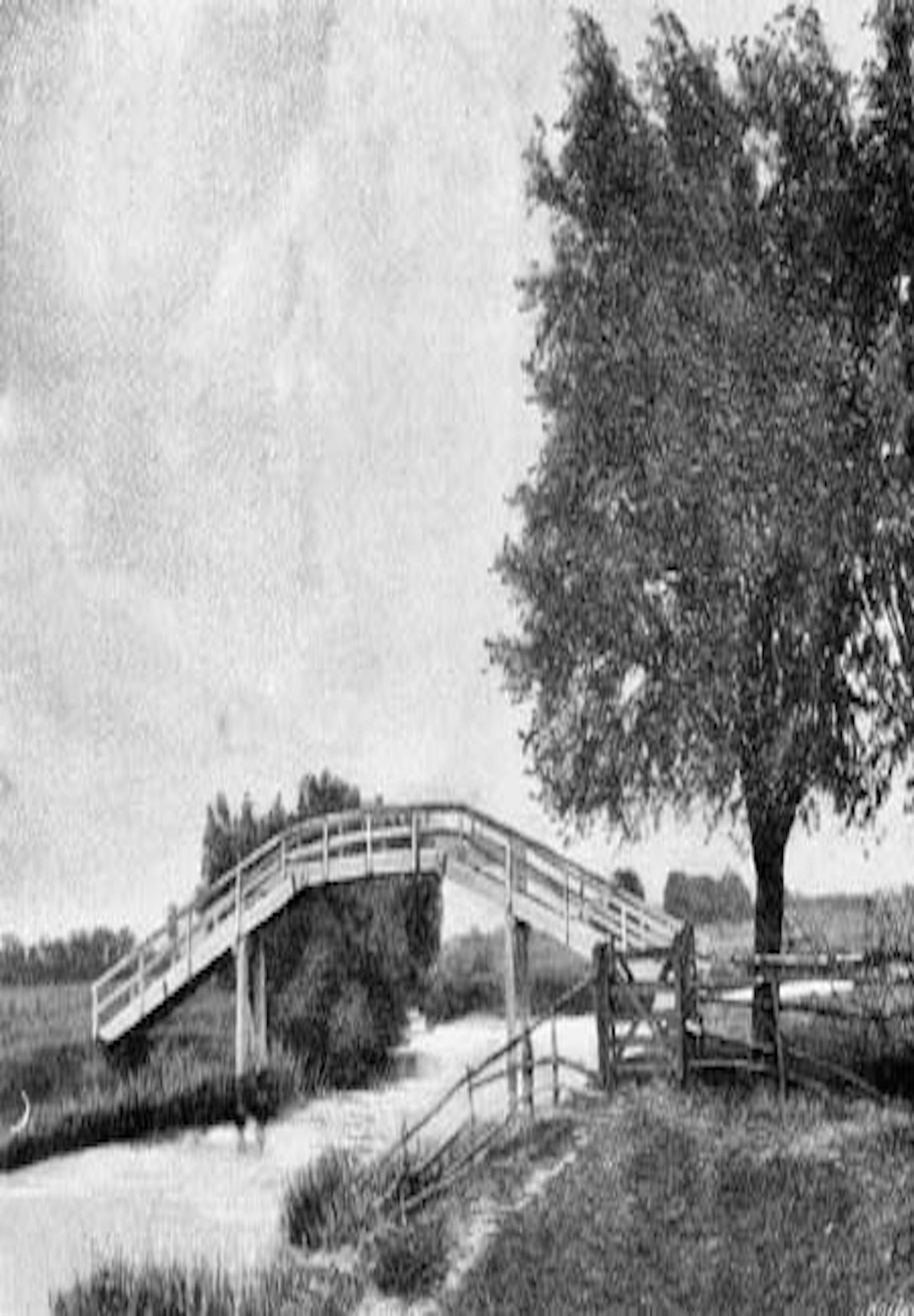
Synopsis/Details
Spanish Civil War, 1938. An old man sits alongside a road, his clothes covered in dust. Nearby there is a bridge over the Ebro river, which a mass of men, women, and children are crossing in trucks, carts, and on foot. Soldiers help push the carts up the banks. The old man sits, too tired to move. A Republican scout crosses the bridge in the other direction to see how far the enemy has advanced. By the time he gets back, most evacuees have made the crossing—but the old man hasn’t moved.
The Republican scout approaches the old man, who says proudly that he has come from his native town of San Carlos. He was the last person to leave San Carlos because he was taking care of animals there (goats, pigeons, and a cat), but eventually he had to flee from the artillery aimed at the town. The scout is momentarily distracted by watching the bridge and anticipating the approach of the enemy. Then he asks the old man if he has any family, and the latter says that he does not have anybody, only the animals. He thinks that the cat will be all right because it can look out for itself, but he is worried about the others.
The Republican scout now asks the old man what his political opinions are. The old man answers that he has no politics, adding that he is seventy-six years old and has walked twelve kilometers. At this point, he says, he can go no further. The scout responds that this is not a good place to stop, and tells the old man that there are trucks up the road that can take him to Barcelona. The latter replies that he does not know anyone in Barcelona, but he thanks the soldier anyway. Finally, the old man repeats that he was only trying to take care of some animals.
Story & Logistics
Story Type:
Getaway
Story Situation:
Daring enterprise
Story Conclusion:
Ambiguous
Linear Structure:
Linear
Moral Affections:
Disapprobation, Intemperance
Cast Size:
Several
Locations:
Single
Special Effects:
Minor cgi
Characters
Lead Role Ages:
Male Adult, Male over 45
Hero Type:
Anti-Hero, Ordinary, Unfortunate
Villian Type:
Machine
Stock Character Types:
Everyman, Wise old man
Advanced
Adaption:
Based on Existing Fiction
Subgenre:
Anti-War, Civil War, Drama, Hybrid Sub-Genres, Literary Adaption, War
Action Elements:
Weaponry
Equality & Diversity:
Elderly Protagonist
Life Topics:
Approaching Death, The Elderly
Time Period:
Interwar period (1918–1939)
Country:
Spain
Time of Year:
Easter Sunday
Relationship Topics:
Affinity, Emotions and feelings
Writer Style:
Dalton Trumbo, Oliver Stone, Terrence Malick

